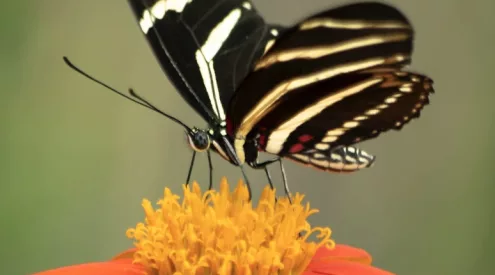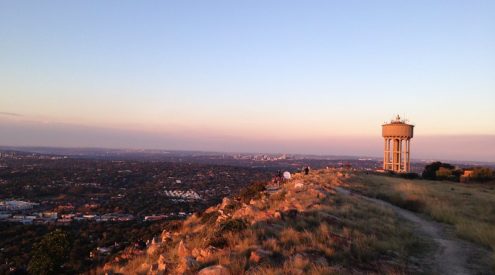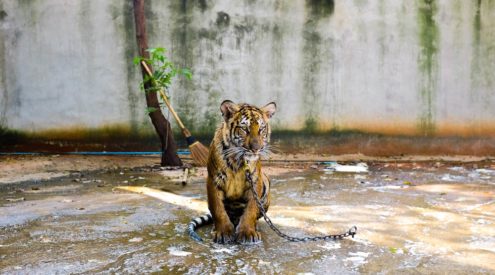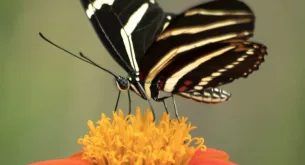In my previous post I mentioned that I found game ranger tales about wealthy tourists at luxury lodges far more rich and colourful than the more typical ‘I was out walking and didn’t see the lion/elephant/buffalo until it was too late’ variety. This comment was gauged to provoke my sister, who is a lodge manager, and her partner, a game ranger, (erratum: I was chastised for mistakenly referring to him as my brother in law in the previous post) when I first uttered it in their presence years ago. They took the wind out of my sails by agreeing with me, but on the evidence of some recently published collections of tales there are obviously rangers out there who would openly disagree. With my defence in mind and only days to go before the start of my bush-lodge odyssey I started reading a few game ranger stories, something I haven’t done since the age of ten when a copy of The Zimbabwe Fisherman, home of thrilling crocodile attack survivor accounts, could be found in every Zimbabwe farmhouse loo.
Besides the aforementioned loos, almost all of which tended to carry a poster printed with Kipling’s ‘If’, and a placard raising a toast ‘to our wives and sweethearts, may they never meet’, undoubtedly the best place to read ranger tales is at the Pretoria campus of the South African National Library, which, appropriately enough, holds more books with the term ‘game ranger’ in the title or book description than the Cape Town campus. My initial search exposed an absurdity which might more or less settle the question I pose up top for some: two books by different authors carrying exactly the same title, Whatever You Do, Don’t Run. And what different animals they turned out to be. The original, a collection of tales written by David Hood, James Hendry, Chris Roche and Megan Emmett, is sub-titled ‘True stories and reflections by not-so-rugged rangers.’ This is an interesting admission of the bind game ranger’s with literary aspirations find themselves in. Clearly the self-effacing authors understood that the days of skiet en donder on the sunburned plains have passed. Who these days, anyway, could match for bravado and suspense the accounts of game ranger pioneers like Harry Wolhuter, a man who more or less shot something dangerous every day before breakfast, when he wasn’t achieving the same results with a six- inch sticking knife? But understanding this, what do these moderns substitute? Gentle stories about the transition from city life to bush life, even gentler ribbings of tourists and their animal kingdom blind spots and paranoias, an essay about birding … not much, in other words, and you need not even read their stories to find this out because they admit as much when they say in the introduction: ‘we hope you will enjoy our stories, but know that the real wonder is not to be found on these pages but in the patterns of an insect’s thorax, the shimmer of a bird’s wings, the faithfulness of a jackal, the testament of old bones and the knowledge that these few things are part of just one circle of life amidst a magnificent yet unfathomable current of interrelatedness.’ Now that’s a literary death rattle if ever I’ve heard one.
The second Whatever You Do… by Peter Allison, is everything these other chaps were trying to get away from: gung-ho, ingenuous, reliant on frequent comic interludes, i.e. a set of mildly entertaining oral-style tales which are nevertheless not one vertebrae more evolved than the very first southern African fireside type tales in English, which began to appear in the 1890s, written by the likes of A.W. Grayson, Frederick Boyle, J Forsyth Ingram, W.C. Scully, Ernest Glanville, and Percy Fitzpatrick.
Not that any game ranger ever felt it his duty to nudge the oral-style tale down its evolutionary path, mind you, which begs an important the question: why do game rangers write books? One guy I know told me his interest in getting his stories down on paper was sparked by the encouragement of tourists he’d told his stories to around the campfire. Hearing this, a cynical mutual friend suggested that modern game rangers, mostly whites from fairly well-off urban backgrounds as far as he could tell, would naturally feel a need to account for their life choices at some point in the face of contemporaries who go on to become CAs, attorneys, and second-hand car salesmen. I could certainly relate to such a theory: the aspiring middle-class writer and the game ranger are similar in the sense that they both see real power, money and influence on a daily basis and yet remain adrift from it. Our insecurities and prejudices should be aligned.
In pole position as a reason for writing down bush tales seems to be dissatisfaction — dissatisfaction with the way conservation and tourism has evolved and with the direction the world seems pointed in generally. Most of the books I’m referring to were written by rangers that were active when the Parks Board was young, having started out in the 50s and 60s, before tourism with its attendant rules and protocols (and Land Rovers) intruded. The best of this crop constitutes the high water mark for the game ranger’s tale, as far as I can tell. I especially liked Mashesha, The Makings of a Game Ranger (Southern Books, 1992) by Tony Pooley, who was in his time the world’s foremost authority on Nile crocodiles. Pooley got the basics right: he wrote with control. A hippo attack on a tourist launch doesn’t turn into Jaws, for example, but remains suspenseful enough to keep the pages flipping. He obviously understood that 10 of these stories in a row would constitute a sedative and so one finds him gearing down regularly, to explain the art of tracking rare burrowing bees back to their burrows, or how it happened that he made the first ever audio recordings of bird calls. Best of all are his brushes with bush-learned Thongas who had been pushed out of the reserve he operated in but who continued for a few years to subsist off it. There’s no paternalism in these accounts whatsoever—just a scientist’s curiosity and scepticism combined with an ethnographer’s humility.
And this is an issue which is at the centre of the modern game ranger/writer’s dilemma, as far as I can tell. The type of deep, complex human dynamics that sustain all engaging narratives are simply not there, it’s only animals, animals, animals, other game rangers, and tourists. That’s not enough, not for adult readers at any rate.

















